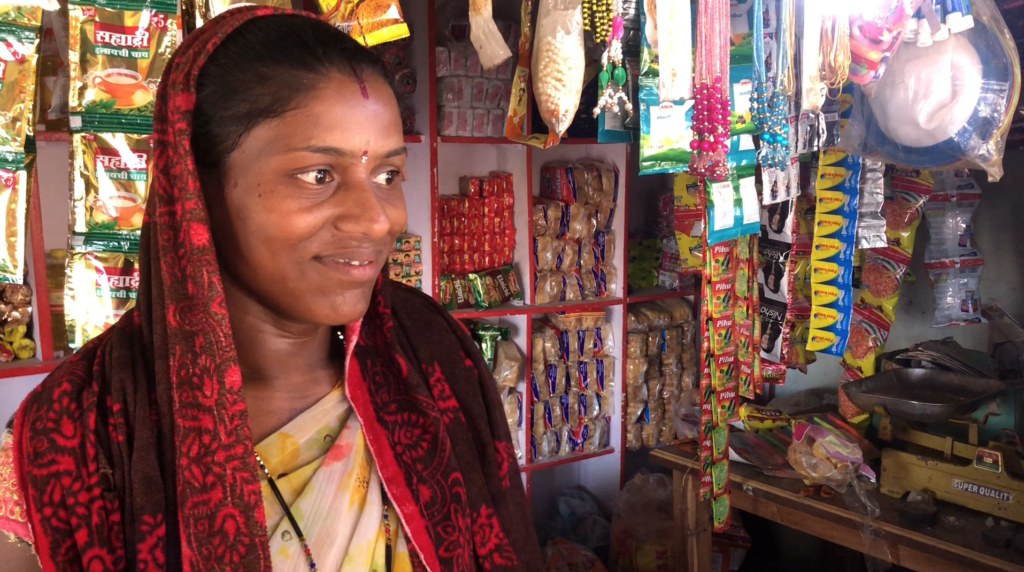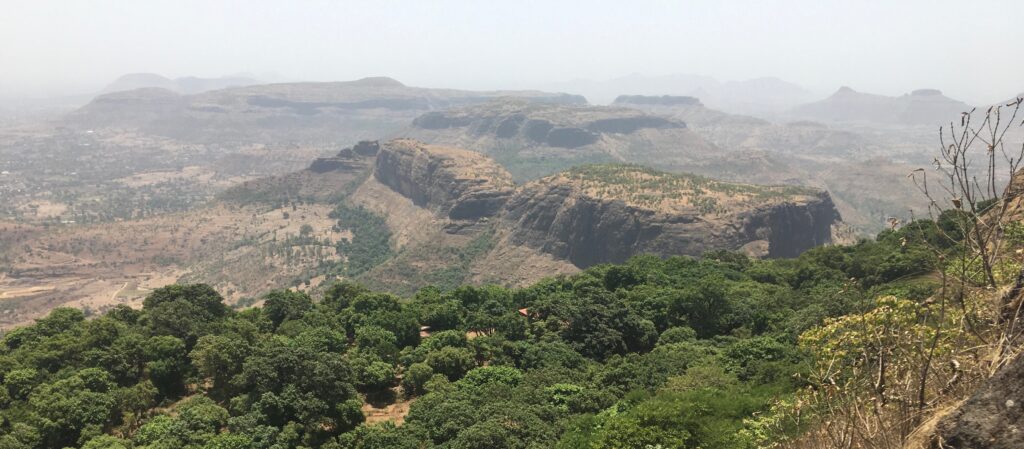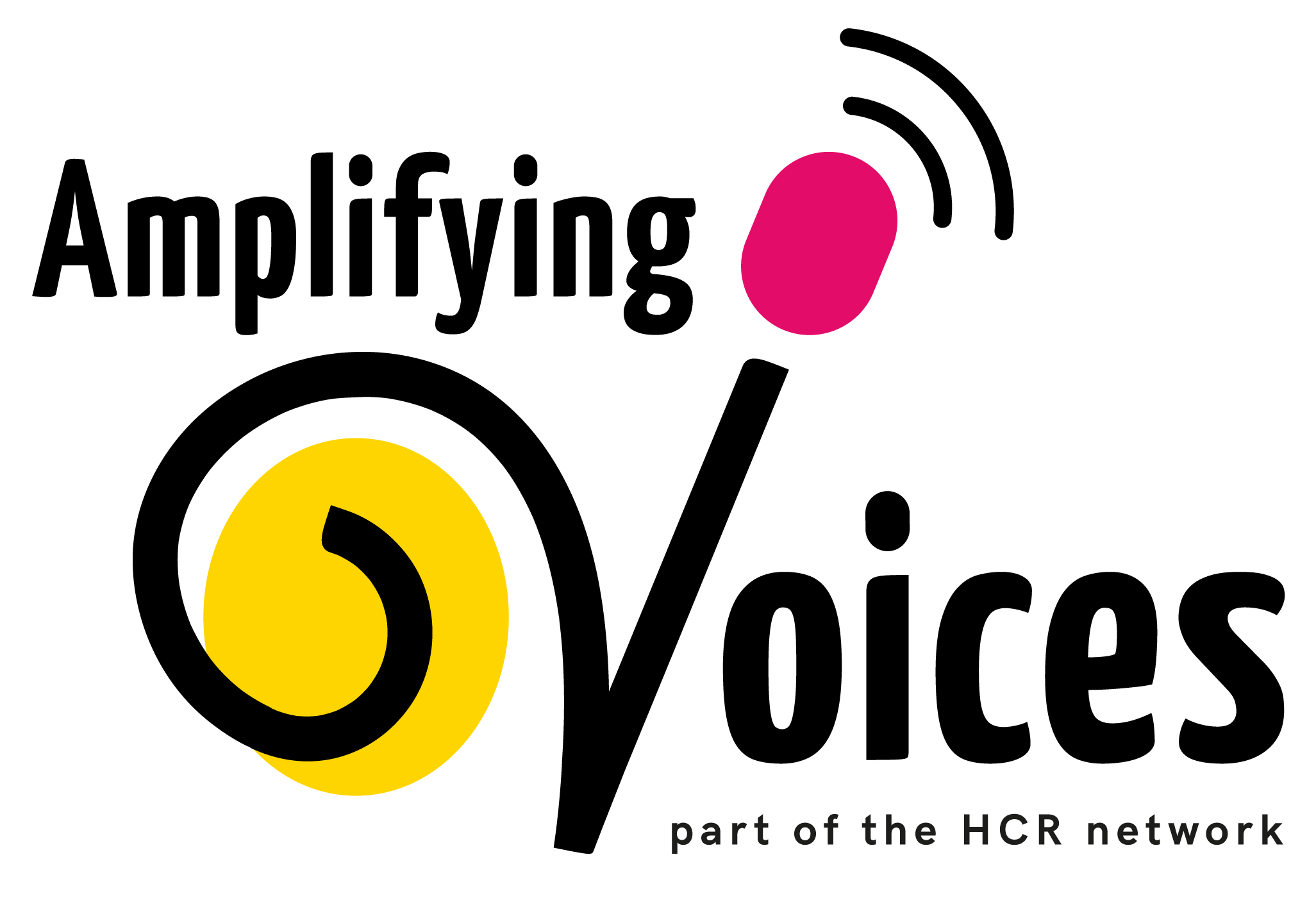
Breaking the Poverty Trap
What a joy it has been to exchange the white lab coat of my former day job as a research scientist, for the wide-open spaces and natural beauty of Maharashtra’s mountainous Western Ghats. This is home to some of India’s indigenous tribal communities, known as Adivasis, where Amplifying Voices has been supporting its partner Seva Social Welfare Foundation since 2018. Accompanying my dad, Jon, this was his first face-to-face meetings since the outbreak of the Covid-19 pandemic and an opportunity for me to see first-hand, the incredible transformation that is possible when communities are truly seen, heard and loved.
Maharashtra’s Adivasis number more than 10 million and sadly, they often feel marginalised by mainstream society and regarded as outcastes, deprived of many of the basics of life such as healthcare, education, access to clean water and sanitation. Seva and Amplifying Voices have a shared desire to see communities freed from bondage and enjoying fullness of life. The challenges these communities face however are complex, where poverty is not simply a lack of resources, but rather an oppressive web of social, political, economic and religious entanglements, which have been described as a ‘poverty trap’ by Robert ChambersNoted development practitioner Professor Robert Chambers describes the dimensions of poverty as an interactive system that he calls the ‘poverty trap’.. It’s a bit like filling a leaking bucket with water: no matter how much effort is put in, these communities are never able to succeed in achieving a decent level of health and wellbeing or making enough to meet their daily needs.

The beautiful Western Ghats in Maharastra is home to many Adivasi communities (Photo credit: Amy Hargreaves)
While the problem is complex, change is possible and over the last two weeks I’ve been hearing many testimonies of how Seva’s innovative community-centred media project has impacted people. We came across the young woman in the picture during a visit to a remote Adivasi village, when we heard her remarkable story. She told us about how she and her husband had been bonded labourers, which is a kind of modern-day slavery and is illegal in India but sadly still widely practiced. However, one day they heard through Seva’s speakerbox programmes about ways in which they could escape that life and that Adivasi people were eligible for government grants to start businesses. The programmes also spoke about how to do micro-enterprise and gave ideas for creating wealth, so she and her husband were inspired to start a shop in her village. “This has set us free from bondage,” she told us, adding that she will never be a slave again, ending generations of bonded labour in her family.
During our two weeks in India there were many other stories that we heard, too many for a short blog-post, but I’ve been so impressed by the dedication of this small local team who have so much passion and are working tirelessly to see the lives of the Adivasi people transformed. I am also convinced, that difficult and complex though it may be, change is possible.
